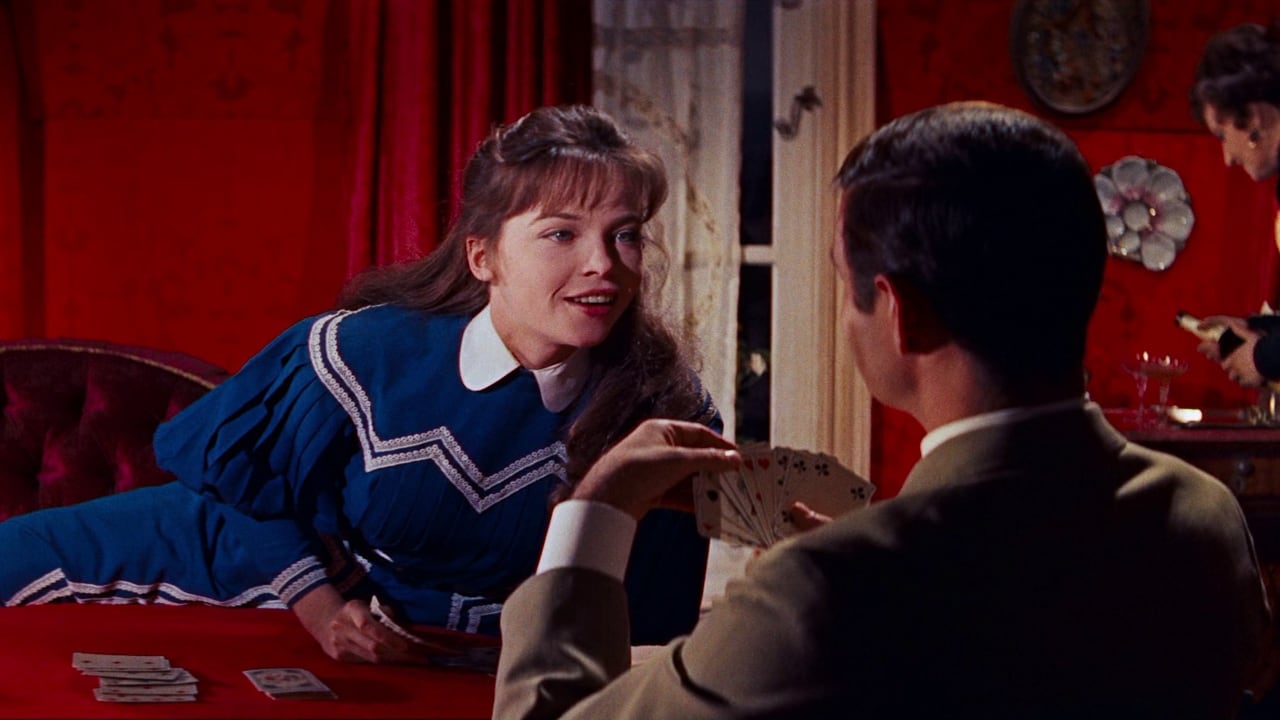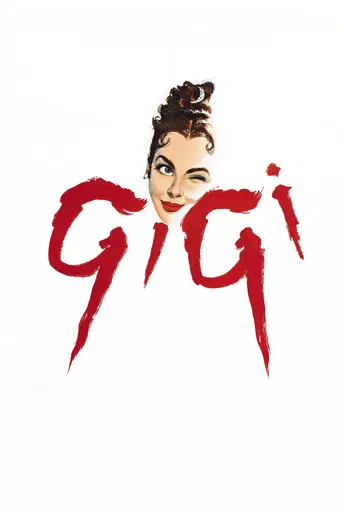

Too much of everything
... View MoreTerrible acting, screenplay and direction.
... View MoreIt isn't all that great, actually. Really cheesy and very predicable of how certain scenes are gonna turn play out. However, I guess that's the charm of it all, because I would consider this one of my guilty pleasures.
... View MoreClose shines in drama with strong language, adult themes.
... View MoreGigi2 Out Of 5Gigi is a plot driven musical feature focusing on a tale of self-created conflicts and love. The chemistry among the characters which becomes essential in such genre features, is surprisingly dull, off putting and way too textbook for it to breed any crisp through it.It is rich on technical aspects like art design, songs, production design and background score but is unfortunately lacks captivating cinematography and fine editing. The camera work is plausible and has an amazing choreography on its favor through which the makers seek attention being well aware of it. The adaptation by Alan Jay Lerner is smart if not gripping, catchy but scattered into bits and pieces as it lacks better and definite structure. Vincent Minnelli; the director, has done a tremendous work on executing the feature despite of possessing such a wafer thin script to work on. The performance by Leslie Caron, Maurice Chevalier and Louis Gordon is decent and convincing to the allotted part if not leaves the audience in awe of it. Gigi is an out-of-context and out-of-time portrayal of a textbook tale that may be entertaining but is more pretentious than it has the potential to.
... View MoreThis movie is terrible, misogynistic, and fetishizes young women. Ignoring the suspicious "Thank Heaven For Little Girls" tune that plays as the movie's theme with the winning line "Without them what would little boys do?", this movie portrays unhealthy relationship dynamics as normal and healthy. It also glorifies a suicide of one of the characters as exhilarating gossip and a cause for celebration. The main characters who begin the movie with a big brother-little sister relationship dynamic end up in a romantic relationship when the girl is only 16. Do. Not. See. This. Movie.
... View MoreThe musical performances and art direction and most of all Maurice Chevalier make this watchable and even worthwhile. However, I can just not get over a young teenage girl who does not get the ramifications of what she is doing, being groomed for being and advised to be the mistress of a wealthy powerful man. Even the girl's grandmother, great aunt, and the wealthy man's uncle get into the act as in being pro teen mistress. I realize this was 1958, and thus this sort of thing did not seem so creepy at the time, but Maurice Chevalier singing "Thank Heaven for Little Girls" while ogling little girls on a playground, in the way that he did rather creeped me out too. I think if we didn't have the public spectacle of what happened to a young Monica Lewinsky, discarded by an older powerful man, unmarriageable and unemployable by reputation due to the scandal, whose name will be a joke long after she is in the grave, and now well into her forties alone, maybe I wouldn't feel this way so much, but I digress.This was still the fifties however, and this film chickens out in the end and manages to have a production code approved ending. Somehow not having the courage of its convictions makes it even worse for me.
... View MoreWhen I read that Louis Jourdan died several weeks ago, I suddenly felt a jones to watch Gigi, having previously watched him in Octopussy and Swamp Thing. He's quite dashing here as Gaston especially when singing. Leslie Caron is convincing playing the title role both as a young girl and then when she matures in social graces. And then there's the legendary Maurice Chevalier as the experienced uncle. Certainly he added to his iconic status when warbling both "Thank Heaven for Little Girls" and "I'm Glad I'm Not Young Anymore". Those and other tunes by Alan Jay Lerner & Frederick Loewe are pretty enjoyable and reminiscent of their songs for their Broadway success of My Fair Lady which would eventually be adapted intact for the movies several years later. Mom and me enjoyed this very much so on that note, Gigi is highly recommended. P.S. The version I watched on DVD also had an alternate commentary track narrated by movie historian Jeanine Basinger with some choice remarks by star Leslie Caron.
... View More